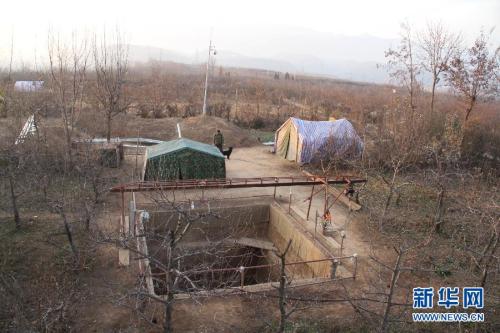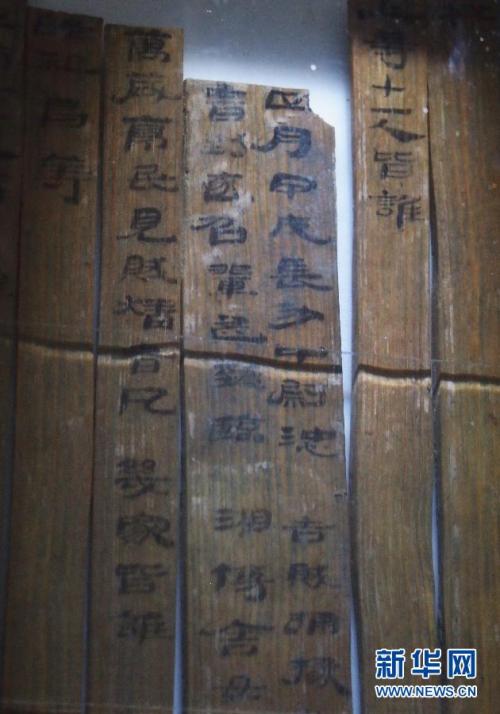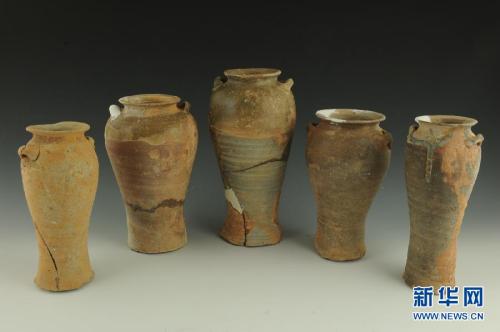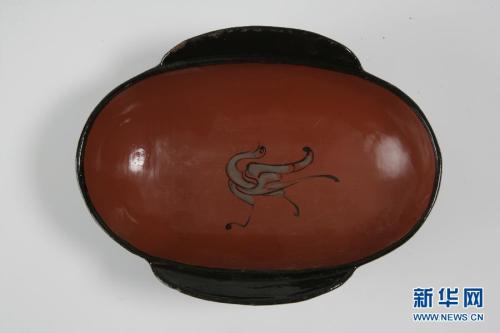2013年度10大考古新发现揭晓
China’s national Top 10 archeological finds of 2013 have been unveiled on Wednesday. The tomb of the tyrannical emperor Yang of the Sui dynasty, discovered by chance last spring, has garnered some of the most attention.

China’s national Top 10 archeological finds of 2013 have been unveiled on Wednesday.
Long believed to be located somewhere else, emperor Yang’s tomb was accidentally discovered last year at a construction site. It has been chosen as one of the top 10 most significant archeological finds in China last year, along with the West Zhou dynasty tomb in Shaanxi and a Jingdezhen Tang dynasty kiln. The 10 items have been chosen for their academic value, historical significance and artistic value.
"Many of these finds have gotten a lot of media coverage. Our archeologists should not hide in the ivory tower, just releasing articles. We should let the fruits of our labors be known by the whole society," said Tong Mingkang, deputy director of State Admin. of Cultural Heritage.

China’s national Top 10 archeological finds of 2013 have been unveiled on Wednesday.

China’s national Top 10 archeological finds of 2013 have been unveiled on Wednesday.
Among the 25 items shortlisted for the honor, some display an academic value rarely seen. Such as an imperial edict released by the second emperor of the Qin dynasty found in Yiyang, Hunan Province. It provides insights into the son of the well-known first emperor of the Qin dynasty.
"There are also some bamboo inscriptions unearthed in Chengdu, 900 of them in total, which are very precious medical records. A weaving machine was also unearthed there, dating the history of the weaving machine back to the Western Han dynasty," said Wang Wei, Director of Archeology Dept., CASS.
There are over a hundred archeological digs taking place in China, less than one-tenth of which were planned. The rest have either been discovered by chance at construction sites, or by rescuing damaged or looted tombs. Other finds in the top ten include a bronze lamp dating back to the Zhou dynasty more than 2000 years ago, found in Hubei Province. There’s also the site of a stone Tang dynasty inscription on the road to Tibet located in today’s Sichuan Province. The latter was chosen for being a testament to the merging of cultures in southwest China.

China’s national Top 10 archeological finds of 2013 have been unveiled on Wednesday.

China’s national Top 10 archeological finds of 2013 have been unveiled on Wednesday.